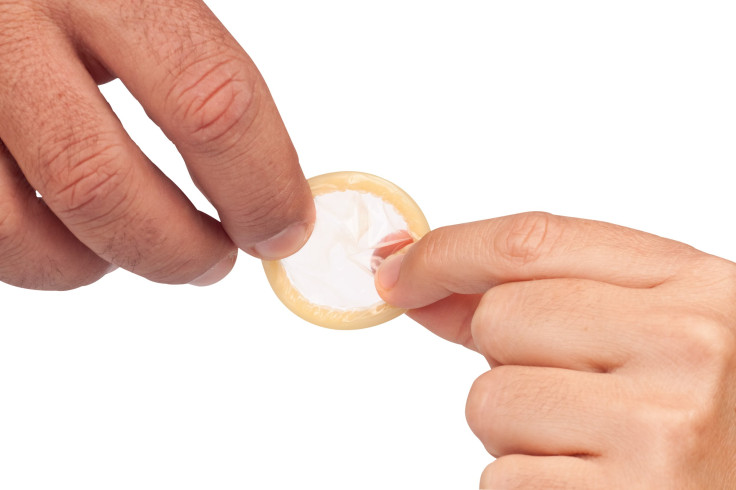Chlamydia Can Return, Even After Antibiotic Treatment, Because It Survives In The Stomach

Chlamydia, the most common sexually transmitted infection and often a symptom-less one, can usually be treated with antibiotics effectively. But new research shows that oftentimes chlamydia can return with a vengeance, even after treatment.
Research out of the Arkansas Children’s Research Institute has found that if chlamydia survives in the person’s stomach, even after it has been cleared away from the genitals by antibiotics, it can re-infect the person.
“It is possible that women, cured of genital infection by antibiotics, remain infected in the gastrointestinal tract and can become re-infected by auto-inoculation from that site,” Roger Rank, the lead author of the study, wrote.
Chlamydia, which is already the most commonly reported sexually transmitted infection in the U.S. and Europe, is also the most common to be re-infected. About 26 percent of infected people end up getting the disease again, according to the Centers for Disease Control and Prevention (CDC). Because chlamydia can be dormant for years without being symptomatic, infected persons may easily transmit the disease to sexual partners without knowing. Its ability to lie dormant may also be a reason why it’s so good at hiding in the digestive system despite its eradication elsewhere. The authors write in their introduction that the most recognized biological property of chlamydial species is “their ability to remain associated with their host over long periods of time, often in an apparent … latent state and in the presence of an immune response.”
Though their study was completed in mice, the scientists believe it can be related to humans as well. People who have undergone treatment for chlamydia may still be able to infect others, or re-infect themselves, through oral or anal sex.
“In a small percentage of recurrent infections,” Rank said, “infection cannot be attributed to reinfection from a partner or treatment failure; so it would appear that in these cases, the organism has remained persistent in the individual. Based on the studies in animals and the experimental mouse model studies and evidence for gastrointestinal infection in humans, we propose that chlamydiae shed in the GI tract may infect the genital tract via auto-inoculation.”
Prevention of chlamydia is perhaps the most effective way of keeping the disease away; once it's there, it may be harder to get rid of than you may imagine. If you or a sexual partner has chlamydia or another sexually transmitted infection, abstaining from sexual intercourse is the safest option. Condoms typically are capable of preventing chlamydia.



























